Ensuring Safety in the Oil and Gas Industry: Essential Certifications for Professionals
The oil and gas industry is crucial for meeting the world’s energy demands, but it is also one of the most hazardous sectors to work in. With activities ranging from remote drilling to handling flammable materials, the risks are high. As such, prioritizing the safety of workers and the environment is of paramount importance.
Implementing effective safety measures not only reduces accidents but also helps protect lives and the environment. Furthermore, it can save companies significant costs by avoiding delays, fines, and damage to valuable equipment. Organizations that prioritize safety build strong reputations, which contribute to their long-term success.
To help professionals in the oil and gas sector safeguard their workplace, here’s a list of the top safety certifications and courses that are highly recommended:
-
NEBOSH Process Safety Management (PSM)
The NEBOSH Process Safety Management (PSM) certification is an advanced course designed for those working in high-risk industries, such as oil and gas, where managing complex processes and hazardous substances is critical. This course focuses on controlling process safety risks, a key factor in protecting workers, facilities, and the environment.
Target Audience:
Managers, supervisors, safety officers, and engineers in process safety roles, particularly those in industries like oil and gas, chemicals, and petrochemicals.
Key Benefits:
- Hazard Identification & Risk Assessment: Teaches how to identify and assess hazards in high-risk processes (e.g., chemical reactions, high-pressure systems, and toxic materials).
- Regulatory Compliance: Ensures professionals are familiar with international safety standards and HSE regulations.
- Control of Major Accident Hazards (COMAH): Focuses on implementing controls to prevent major accidents like chemical spills or explosions.
- Incident Investigation: Provides techniques for investigating incidents and taking corrective actions.
- Process Safety Leadership: Prepares professionals to lead safety initiatives and improve safety procedures.
-
NEBOSH International General Certificate (IGC)
The NEBOSH International General Certificate (IGC) is one of the most recognized certifications globally, offering foundational knowledge in health and safety management with a focus on international standards.
Target Audience:
This course is ideal for those starting or advancing their careers in health and safety, including safety officers, managers, and supervisors in the oil and gas industry.
Key Benefits:
- Comprehensive Safety Knowledge: Covers a wide range of safety topics, including hazard identification, risk assessment, and health and safety systems.
- International Recognition: Recognized globally, making it ideal for professionals working across multiple countries.
- Practical Safety Applications: Focuses on real-world safety situations in the oil and gas sector, such as managing hazardous chemicals and ensuring safe environments on offshore platforms.
- Promotes Safety Culture: Helps foster a safety-first mindset in the workplace by ensuring employees are equipped to identify and manage risks.
- Regulatory Compliance: Ensures compliance with international health and safety laws.
-
NEBOSH International Technical Certificate in Oil and Gas Operational Safety
The NEBOSH International Technical Certificate is specifically designed for professionals working in oil and gas operations. It provides in-depth knowledge on managing safety in operational environments.
Target Audience:
Managers, supervisors, and safety officers working in oil and gas operations, needing advanced knowledge in operational safety.
Key Benefits:
- Risk Management: Teaches risk identification, assessment, and management in both offshore and onshore oil and gas operations.
- Safety Legislation: Provides a comprehensive understanding of safety laws and regulations in the sector.
- Practical Application: Offers hands-on experience in managing drilling risks, environmental hazards, and handling hazardous materials.
- Emergency Preparedness: Focuses on creating emergency plans for hazardous environments.
-
OHSAS 18001 / ISO 45001 – Occupational Health & Safety Management Systems
These global certifications are designed to help organizations in the oil and gas industry establish and maintain effective health and safety management systems.
Target Audience:
Health and safety officers, managers, and internal auditors involved in safety management systems.
Key Benefits:
- Systematic Risk Management: Guides companies in creating structured approaches to managing safety risks.
- Compliance with Standards: Ensures adherence to international safety standards.
- Continuous Improvement: Promotes ongoing improvements in safety processes to reduce accidents.
- Employee Engagement: Fosters a safety-conscious environment where employees actively participate in safety initiatives.
-
Basic Offshore Safety Induction and Emergency Training (BOSIET)
BOSIET is essential for anyone working offshore in oil and gas operations. The certification provides workers with the skills and knowledge to handle offshore safety, emergency response, and survival techniques.
Target Audience:
Offshore workers, rig crews, and personnel traveling by helicopter to offshore platforms.
Key Benefits:
- Emergency Preparedness: Covers handling emergency situations, such as fires and oil spills.
- Sea Survival: Provides practical survival skills, including the use of life rafts and flotation devices.
- Helicopter Underwater Escape Training (HUET): Trains employees on escaping from a submerged helicopter during emergencies.
- Fire Safety: Ensures offshore workers are prepared to handle onboard fire hazards.
-
Helicopter Underwater Escape Training (HUET)
HUET is crucial for oil and gas professionals who travel to offshore platforms by helicopter. This course teaches how to escape safely from a submerged helicopter in emergency water landings.
Target Audience:
Oil rig workers and offshore contractors required to travel by helicopter.
Key Benefits:
- Escape Procedures: Teaches how to safely exit a submerged helicopter.
- Survival Skills: Focuses on using emergency equipment like life vests during water rescues.
- Water Survival: Teaches calmness and quick action in water, facilitating more efficient rescues.
-
IADC Rig Pass
The IADC Rig Pass is an industry-recognized certification that focuses on safety training for drilling operations.
Target Audience:
Drilling rig workers, operators, and contractors in the oil and gas industry.
Key Benefits:
- Rig-Specific Safety: Focuses on hazard recognition and safety procedures tailored to drilling environments.
- Hazard Awareness: Teaches how to identify and mitigate potential rig-related hazards.
- Emergency Response: Trains workers in emergency actions like fire safety, evacuation, and first aid.
-
Advanced Fire Fighting Course (AFF)
Designed for personnel in offshore and onshore oil and gas facilities, the AFF course focuses on advanced firefighting techniques necessary for controlling and suppressing fires.
Target Audience:
Offshore and onshore personnel involved in fire safety and emergency response teams.
Key Benefits:
- Fire Control: Teaches professionals to manage and suppress fires using advanced techniques and equipment.
- Emergency Response: Trains workers to respond quickly to fire emergencies, minimizing damage and preventing fatalities.
- Teamwork: Emphasizes effective team coordination during large-scale firefighting operations.
-
First Aid and CPR Certification
Basic First Aid and CPR are crucial for all oil and gas workers, as they can save lives during emergencies.
Target Audience:
All personnel, particularly those working in remote or hazardous environments.
Key Benefits:
- Emergency Medical Response: Teaches workers to administer first aid for injuries and medical conditions common in the oil and gas industry.
- CPR Skills: Provides essential training in cardiopulmonary resuscitation (CPR), vital for cardiac arrest situations.
- Accident Prevention: Incorporates basic safety techniques that help prevent accidents.
-
Confined Space Entry Training
This training is critical for oil and gas workers who may need to enter confined spaces with hazards like low oxygen, toxic gases, or fire risks.
Target Audience:
Workers required to enter confined spaces, such as tank cleaning crews or maintenance workers on offshore rigs.
Key Benefits:
- Hazard Awareness: Trains professionals to identify and manage confined space hazards.
- Safe Entry and Exit: Teaches proper entry/exit procedures using the right equipment.
- Rescue Protocols: Prepares workers for emergency rescues, ensuring safe procedures are in place.
-
Environmental Awareness Training
Environmental awareness is critical in the oil and gas industry, where the risk of spills and hazardous waste management is a concern.
Target Audience:
Workers involved in operations with significant environmental impact, such as offshore drilling.
Key Benefits:
- Spill Response: Trains workers to effectively manage oil spills and prevent environmental damage.
- Waste Management: Covers proper disposal methods to minimize environmental harm.
- Sustainability: Encourages eco-friendly practices and regulatory compliance.
By obtaining these certifications, oil and gas professionals ensure the safety of themselves and their colleagues while adhering to industry standards and regulations. These qualifications not only improve the safety culture within the workplace but also help maintain a safer and more efficient working environment in one of the world’s most high-risk industries.

